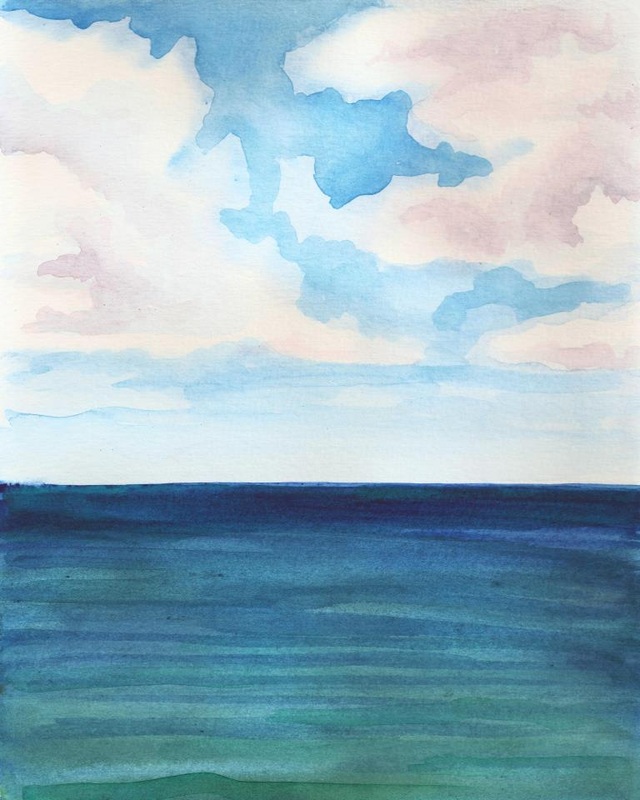[These are continuing reflections on the familiar (to some) benediction from Numbers 6. For other posts in this series, click here.]
❦
If you were to draw a map to the conditions under which you would consider yourself ‘blessed’, how closely would it match what God has in mind when he commands the priest or pastor to speak over his people, “The LORD bless you . . . ”?
For me, the path of blessing would circle through days of predictable routine in which there is no conflict, no sickness, and no sorrow. In my land of blessing all my children are happy and my future is secure. All the bills are paid, my church is at peace and growing, and everyone likes me. Your map, though undoubtedly different in the details, probably travels in similar channels.

The desires hinted at in such dreams are not necessarily wrong or bad. They most likely ARE elements of shalom, the things we imagine possessing in a world ordered as it should be. To desire such things is to long for blessing, and in that sense, to desire what God desires to give.
These words of God, this benediction, convey his desire to prosper his church and lead his people to shalom, a desire for which he has spared nothing, not even his own Son.
And yet we often draw insufficient comfort from this. The original people so blessed were a bitter people. They had been marvelously delivered from bondage and were being taken to a land their own spies found to be full of rich and abundant fruit. But they rebelled, and complained, and demanded to be taken back to the place of their hated captivity. That seems a madness that we too often share.
Paisley Rekdal in a poem called ‘Happiness’ says
There is no end to ego,
with its museum of disappointments.
Instead of reveling in God’s promise of blessing we create our own private museum of disappointments. In my museum are displayed the dreams I’ve had to let go of, or the people who have rejected my care, or the loved ones I’ve seen suffer. Israel’s museum would have held displays stocked with abundant food once enjoyed, ample supplies of water once accessible, and visions of stability and certainty.
I have an annual pass to the museum of disappointments, and I make good use of it. As a result I fail to see the good things I have, and I cannot find hope in the promises of blessing yet to be received. Like the church in the desert, I want the fruit of blessing now, and I don’t want to walk through the desert to get there.
But it is, perhaps, in that desert place where we realize that to find contentment in the promise is its own blessing.
Our map to blessing may be skewed, but it’s not far off. God desires our blessing and our happiness. Eternity will be blessing in its fulness. There we will be made “perfectly blessed in the full enjoying of God to all eternity.” (The Westminster Shorter Catechism)
The pathway may, in fact will, be hard. It may indeed pass through lands we would rather not visit. But the fact of the blessedness to come, the destination, is never in doubt.

Dwight
I’d like to seek some counsel from you with regard to living with some disappointment. My email address is the same. Would you hit me up when you can?
Randy
Check your email inbox!
Nina
I remember Psalm 23 and the word THROUGH. We walk THROUGH the valley of the shadow of death, we don’t camp out there. And there is only a shadow if the sun is shining on the other side.